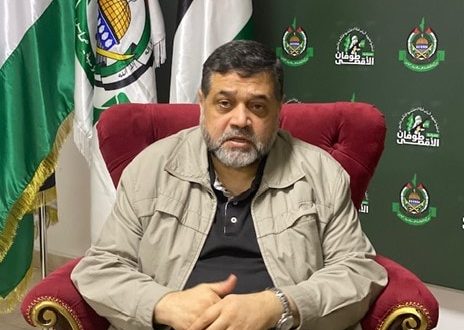Can you imagine what it would be like to lose a child?
If you’re a parent, then you’ll have certainly had the horrid experience of lying in bed at night, wincing as you imagine your beloved being electrocuted while licking a socket, or straying into the path of a combine harvester, or being killed in one of the thousand unlikely ways that people, very occasionally, do die.
Parents are given to reveries about their children’s safety, because we love them deeply and feel enormous responsibility for them. We tell our children that they’ll never really understand how much we love them until they have children of their own. We scoffed when our parents gave this speech to us, and then realised it was true when we became parents ourselves.
The chances are, we’ll pre-decease our children. In Europe, in the 21st century, it is very unlikely indeed that we’ll experience the misery of burying a child. But our hearts naturally go out to those who have had to bear that life-destroying experience.
I think of a friend of ours, whose tiny baby died, in her bed, having lived for only a few months. Or another friend, who gave birth to twins with a rare genetic condition, one of whom succumbed to a chest infection in his first year of life. Or the sister of a schoolfriend, knocked off her bike at 14. Or Mark O’Riordan, who broke his neck during a school rugby match. Or my schoolfriend, Hugh Camrass, who had cystic fibrosis and lasted until he was 19. Or Michael Rosen and his adult son, who died of meningitis. Or my own uncle and aunt, whose son simply disappeared while on a backpacking holiday in South America.
So, I feel nothing but sympathy for Mohammed Al Fayed, whose own son died in a car crash a decade ago, and who has evidently been driven to distraction by the experience.
The Guardian sums up the essence of Al Fayed’s argument well:
[Al Fayed] detailed his belief that his son Dodi and Diana, Princess of Wales, were “murdered” in a conspiracy initiated by the royal family and carried out with the involvement of Tony Blair, the security services and others.
Fayed’s list of participants in the alleged murder plot and cover-up today also encompassed Diana’s sister Sarah McCorquodale and her husband, Robert Fellowes; two former chiefs of London police; the British ambassador to France; driver Henri Paul; two French toxicologists, members of the French medical service; three bodyguards he once employed and several of the princess’s closest friends.
This is not a judicial inquest.
This is the acting out, on the public stage, and in an English courtroom, of the nightmare of a man for whom the greatest horror a parent could ever dread to experience, has become a terrible reality.
Yes, this is a waste of public money. Certainly, it is disgrace that the judiciary is taking part in this pantomime. Of course, Al Fayed himself has been the prime mover in events which have resulted in months of very public discussion of the obscene details of everything from the contraceptive arrangements of the late Princess of Wales to the dying groans of a woman, lying crumpled on the floor of a car.
But, unlike Simon Jenkins – who wants Al Fayed to pay the costs of the Inquest – I can’t blame the bereaved father. Who knows what you or I might do, if we lost a child.
Perhaps the thought was that an Inquest would settle once and for all, the absurd conspiracy theories surrounding the death of Diana and Dodi. It won’t. A conspiracy which has a Diana’s own bereaved sister conspiring with the security services and the royal family isn’t susceptable to being disproved by law, logic, or common sense.
Out of pity for a man who has been driven to distraction by the loss of his son, this Inquest should never have taken place.


